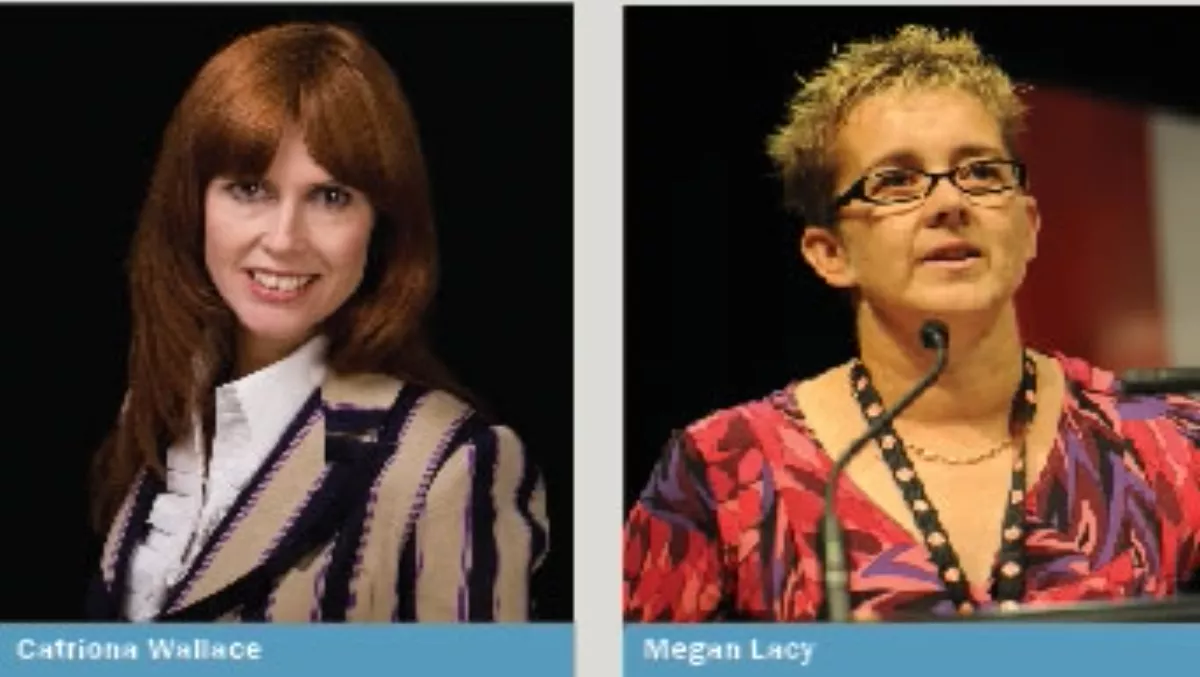
Offshoring – boon or blight?
Offshoring is a contentious issue, with the general consensus appearing to be that it is a bad thing for customer service and for the contact centre industry in New Zealand. Finance and insurance companies - AXA being the latest - have based entire advertising campaigns around the idea that customers can speak to a local agent when they call.On the other hand, telecommunication companies such as Telecom report huge savings by offshoring parts of their contact centre operations. Meanwhile on the flipside, Australian ISP iiNet has a contact centre in Auckland, in part because the labour is cheaper on this side of the Tasman.The issue was revisited at the Contact Centre Institute of New Zealand Conference (CCiNZ) when callcentres.net managing director Catriona Wallace came out strongly in favour of offshoring some customer service operations to countries in the Asia Pacific region. Telecommunications Review reported her comments under the headline “Offshoring - get used to it New Zealand”. Here’s an extract from the article:Asia Pacific regional contact centre specialist Catriona Wallace says offshoring is here to stay and New Zealanders should not only get used to it, they should embrace it. She says fear about moving contact centre jobs to Asian countries is rooted in the New Zealand and Australian psyche, but that offshoring can be beneficial to both our economies. “The emotion around it is part of our sociological history about protectionism - fear about Asia and fear about work moving away,” she says. “But it’s a very dated and very old mindset. There is now strong evidence, particularly from countries such as the US, that offshoring returns a greater benefit to the economy then keeping transactional, low value work on-shore.” Research shows that 75% of New Zealanders and Australians “vehemently dislike speaking to a person who has an accent and who is offshore”. But the reality is they will have to get used to it, because offshoring will continue. Wallace points out that it is only one component of contact centre work which being offshored - the low-volume transactional work that most New Zealanders don’t want to do. In the latest callcentres.net survey just 13% of contact centre work here was outsourced and, of that, only 10% was offshored. “What we’re trying to do is to keep the work here that has a high level of sophistication and complexity and relationship-based interactivity,” she says. “Make it (contact centre work) a higher-value job, a higher- value return for the company that’s doing the work here, so there’s benefits all around.” Wallace admits it’s easier to make that argument during economic prosperity, but even in a recession New Zealand workers displaced by offshoring can retrain for other work. Meanwhile she says that offshoring to Asia has improved the circumstances for women in these countries, who might otherwise live in poverty. “It is empowering young women to be educated, to make decisions of their own and to be financially independent.” The article has elicited a strong response from TUANZ Mouthpiece editor Megan Lacy, a former contact centre manager for LIC and Telecom.Under the heading “Don’t tell me to ‘get used to offshore contact centres’” Lacy writes: There’s nothing like an Aussie who comes across the ditch and tells us to “get used to it” - that always goes down a treat with me, not. I still feel hot under the collar after reading an article from Telecommunications Review about Catriona Wallace’s presentation of the 2009 contact centre benchmarking results from callcentre.net.What really gets me frustrated are her comments about how we need to accept and embrace offshoring. Researchers must remember about the human element in all of this, which means the workers in the New Zealand contact centre industry are losing their jobs and more importantly, the New Zealand public is not happy with the service provided.I have lost count of how many times I have said offshore contact centre service is not working, and now it has been researched that 75% of New Zealanders and Australians dislike offshore contact centres. Are any big businesses listening yet? The customer doesn’t like it and businesses should take note. Ordinary New Zealanders don’t care that there is evidence that offshoring returns greater benefits to the economy, and that statement will not appease them that it’s all OK without it explained in plain language. New Zealanders care that they can’t understand the contact centre rep and that the rep can’t understand the Kiwi accent. And New Zealanders care that some businesses don’t seem to care. I still prefer quality service and expect to pay accordingly, and I don’t want to pay for poor service; that doesn’t make sense. Poor service means I look for another provider of the product or service I require. Telling me to ‘get used to it’ makes me angry.Another statement I find hard to swallow is that offshoring to the Philippines is helping women and improving their circumstance, ie: poverty. Good grief, we have this issue in New Zealand; let’s look after our own backyard first, please. It seems that the majority of Telecommunications Review readers would agree with Lacy’s argument, as a poll which ran on our website during September found the following results:

